KUALA LUMPUR (Oct 23): Promoting homeownership in the low-income group, or the bottom 40% (B40) demographic of the country, is expected to be part of the upcoming national budget as they form a large part of the electorate.
Widespread stimulus to lift the property sector out of the slowdown is unlikely, said Affin Hwang Asset Management portfolio manager David Loh, simply because of the elevated household debt level.
In addition, he noted, any stimulus measure across the board may help to fuel speculative activities which in turn push up property prices further.
Beside the continuation of affordable housing policies, for instance PR1MA (1Malaysia People’s Housing Programme) and PPA1M (1Malaysia Civil Servants Housing Programme), Loh expects the government to help the B40 segment and first-time homebuyers through measures such as a lower stamp duty and withdrawal of a higher amount from the Employees Provident Fund to service their mortgage.
Also, he expects that the government may consider allowing a higher debt-servicing ratio from 60% currently for first-time homebuyers.
On the stock market, Loh said the “market is not expecting much from the budget for the property sector. Share prices of large developers have generally softened in the last three months”.
That said, the KL Property Index has slightly outperformed the broader market. The index has gained about 10% so far this year.
“[The] market has priced in stronger property sales moving forward after two to three years of downcycle as sentiment was affected by [the] GST (goods and services tax) and the depreciation of the ringgit. Stronger macro data (gross domestic product and export growth) coupled with wealth creation impact from [the] stock market will filter down to consumers and eventually lead to purchases of large-ticket items such as property and auto.
“From our channel checks, we note that property launches are picking up after a long hiatus and some developers are even guiding for higher property sales,” Loh explained.
Loh said that generally, the property sector is trading at a fair value level. On stock selection, he highlighted that developers who sell landed homes below RM1 million and condominiums between the range of RM500,000 and RM700,000 at prime locations would perform well.
“On top of property sales, investors will also need to keep close tabs on developers’ balance sheet health, profit margin and cash flow generation (dividends),” he added.
Rakuten Trade Sdn Bhd vice-president Vincent Lau told The Edge Financial Daily that the market expected some goodies for the property sector to spur the slowing market with the focus on affordable housing.
“Perhaps, we will see some easing of lending restrictions or even housing loan interest tax deduction for first-time housebuyers [of] affordable homes,” Lau said.
Hong Leong Investment Bank analyst Lee Meng Horng concurred that efforts to promote affordable housing will continue with higher allocation from the national budget for projects such as PR1MA.
Kenanga Research also expected the government to step up efforts to increase the supply of affordable houses, especially in major urban areas.
According to Kenanga Research, developers have tweaked their product launches, resulting in a higher proportion of residential launches in the price range between RM250,000 and RM500,000.
Kenanga Research pointed out that a study done by Bank Negara Malaysia based on the median household income of RM4,585 in 2014 shows that the threshold for house prices to be considered affordable is about RM248,000 nationwide. With about half of households earning less than RM5,000, properties priced at RM400,000-RM500,000 are still beyond the means of close to half of Malaysian households, particularly in major urban centres.
“There may also be measures to bridge the affordable housing gap which includes rental support, rent-to-own, as well as savings and partial ownership programmes,” Kenanga Research said in its “Malaysia 2018 Budget Preview” dated Oct 20.
These measures are in line with some of the wish lists of property developers, including PRG Holdings Bhd, which has ventured into affordable housing development. The company has signed a memorandum of understanding (MoU) with Syarikat Perumahan Negara Bhd. Under the MoU, PRG will conduct feasibility studies and due diligence on several of the projects that have a total GDV of RM5 billion.
PRG managing director Datuk Lua Choon Hann said he hopes more incentives will be given to private developers to build more affordable properties.
“Incentives such as allocating land to developers at a lower price [and] charging lower conversion premiums for the land can greatly reduce the cost of building such properties. Another form of incentive includes giving tax incentives for developers to build affordable homes,” Lua, who is also the Kelantan MCA state liaison committee secretary, said.
He added that the government can also consider revising the cooling measures introduced since 2014, such as allowing the Developers’ Interest Bearing Scheme, as it would help first-time homebuyers to own their property if implemented effectively.
This article first appeared in The Edge Financial Daily, on Oct 23, 2017.
For more stories, download EdgeProp.my pullout here for free.
TOP PICKS BY EDGEPROP
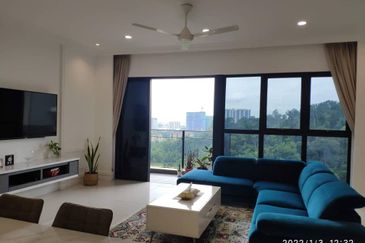
Secoya Residences
Pantai Dalam/Kerinchi, Kuala Lumpur
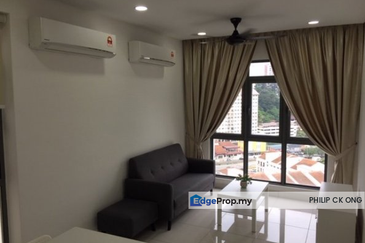
VIVO Residential Suites
Jalan Klang Lama (Old Klang Road), Kuala Lumpur
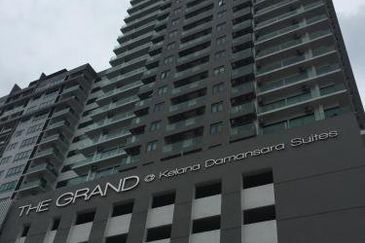
The Grand @ Kelana Damansara Suite
Kelana Jaya, Selangor
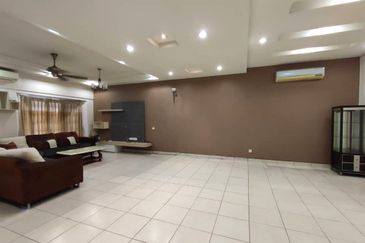
Canal Gardens, Kota Kemuning
Kota Kemuning, Selangor

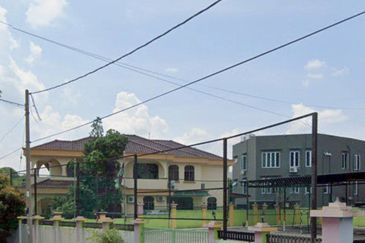
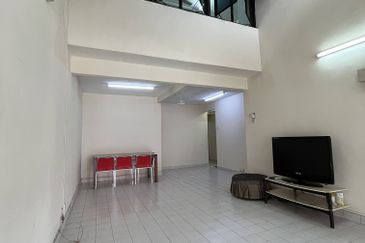


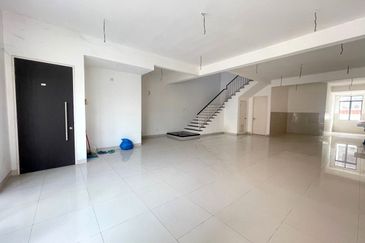

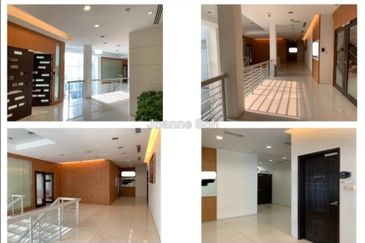
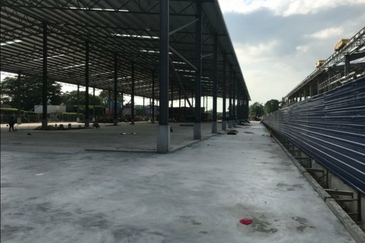








hero.jpg?GPem8xdIFjEDnmfAHjnS.4wbzvW8BrWw)



